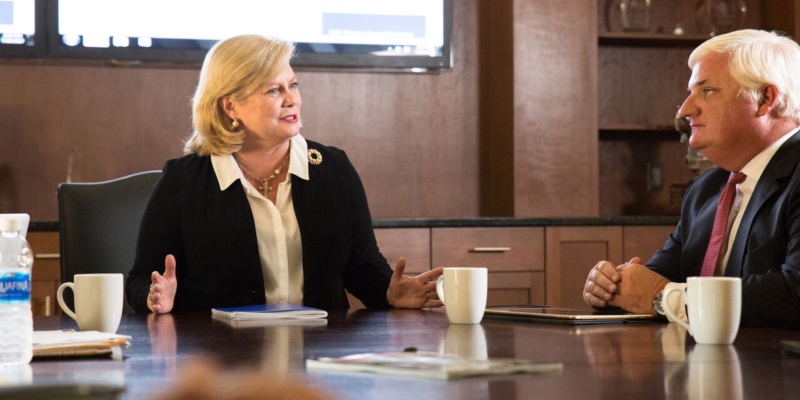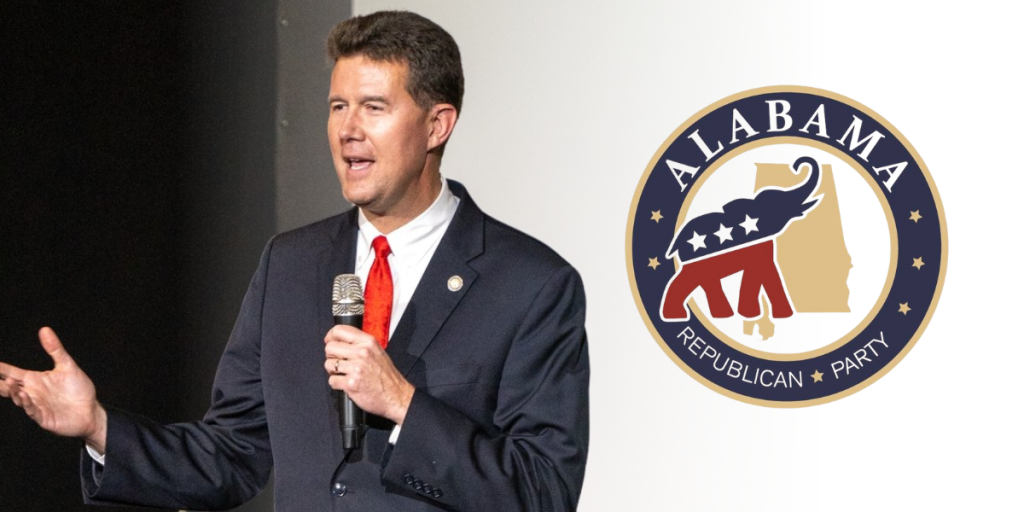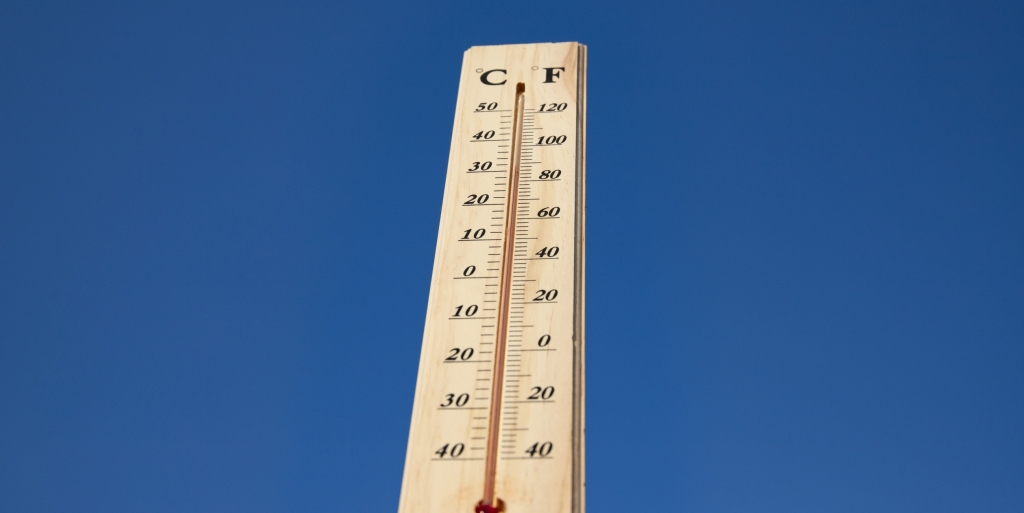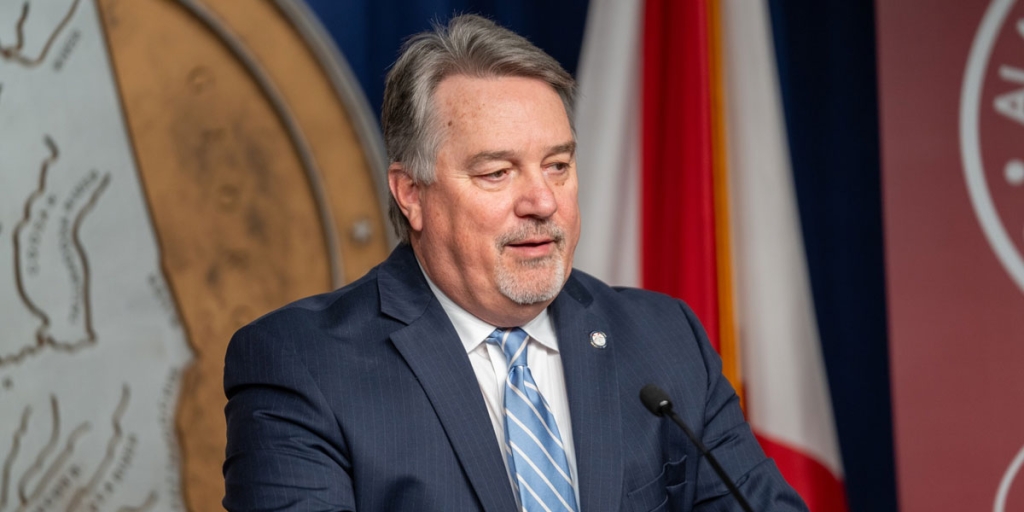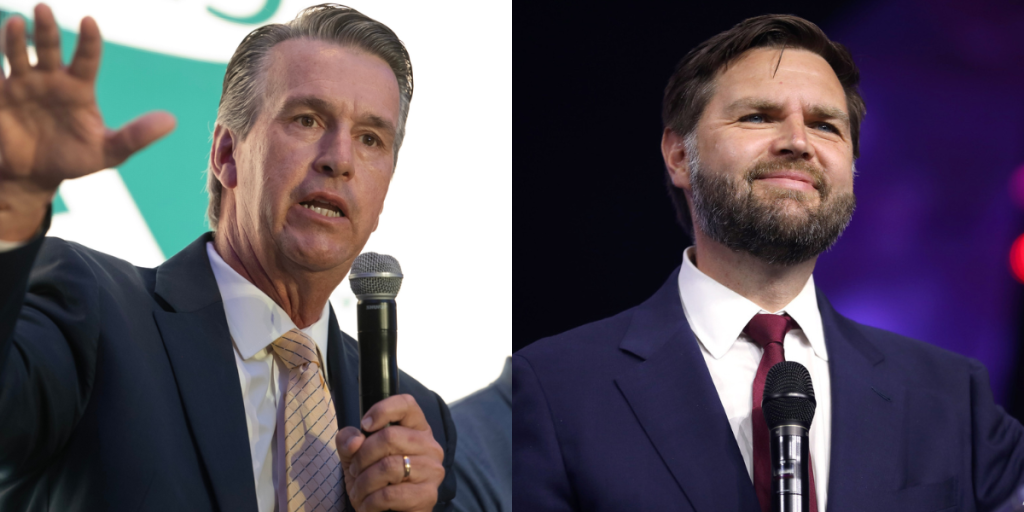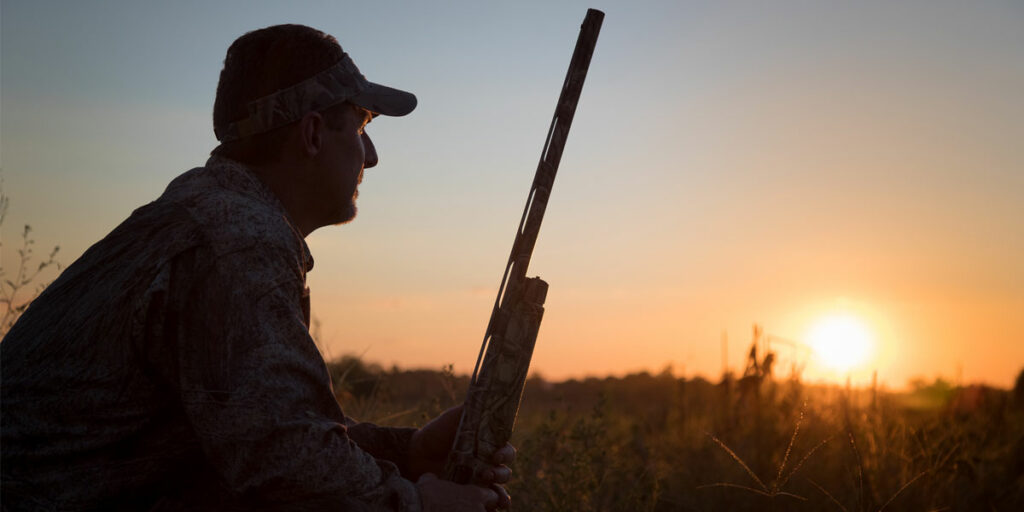Last week, the nation watched as Texas suffered electricity outages during an unprecedented winter storm that wreaked havoc on the Lone Star State.
Could that happen here in Alabama? Public Service Commission President Twinkle Cavanaugh said although no utility is completely invulnerable, measures have been taken to protect customers.
During an appearance on Mobile radio FM Talk 106.5’s “The Jeff Poor Show,” Cavanaugh elaborated on why Texas and Alabama are uniquely different and why Alabama may have fared differently under similar circumstances.
“[I] did not know a whole lot about Texas until this started happening,” she said. “Since then, I have studied and tried to make sure we have covered all our bases here in Alabama, and that does not happen. Now, let me give this disclaimer — there is never 100% on any utility. Obviously, there are things utilities must do to be prepared. But there are things that can go wrong no matter how prepared you are. I always give that disclaimer.”
“However, Texas and Alabama are completely different in their setup,” Cavanaugh continued. “Alabama Power is the largest power utility in Alabama, and it is a regulated utility. The other utilities that produce electricity in Alabama are TVA, which is a federal-run utility — it is a quasi-government-run utility in North Alabama. We also have some cities that have their own system. They’re called municipals. And then, there are co-ops in some of your rural areas. In fact, I believe Baldwin County has some co-ops. And so, those are run by their members.”
“We regulate Alabama Power Company, which many of your listeners in Mobile have,” she added. “They are regulated. In Texas, 90% of their power is not regulated. In other words, they are deregulated, is what the industry calls it. And after reading this — I think the easiest way to put this is when you’re regulated, we look at everything as how do we protect the people, or how do we protect the customers. In a non-regulated arena, it is how do you protect the profits of these companies.”
According to Cavanaugh, the difference in governing utilities makes such a scenario that Texas faced less likely in Alabama.
“There’s just a completely different philosophy in the two,” she said. “And one of the things in a regulated environment like Alabama Power Company, we always want to weigh things on how it will affect customers. We do that through — is it reliable for consumers? And is it affordable? They have to present to us, I say, on a monthly basis, but it is actually a continual basis. They are audited. And we ensure they do what it takes to be able to handle the load, no matter what the load problems may be.”
Cavanaugh also explained how that given Texas is on its own grid, which covers 90% of that state, prevents it from bringing power in from other states, which is a protection that exists with Alabama’s electric utilities.
She added that there is also less of an incentive to undergo the expensive effort of winterizing in a deregulated environment like Texas.
@Jeff_Poor is a graduate of Auburn University and the University of South Alabama, the editor of Breitbart TV, a columnist for Mobile’s Lagniappe Weekly, and host of Mobile’s “The Jeff Poor Show” from 9 a.m.-12 p.m. on FM Talk 106.5.




